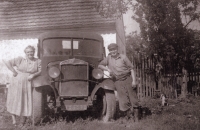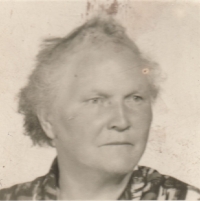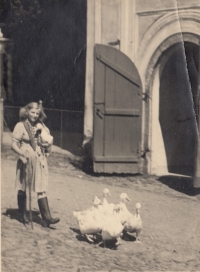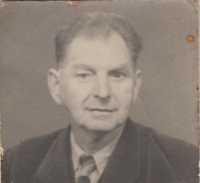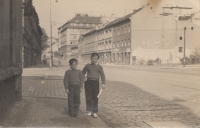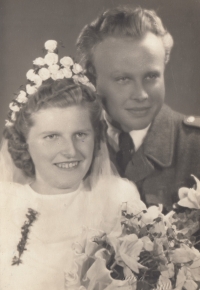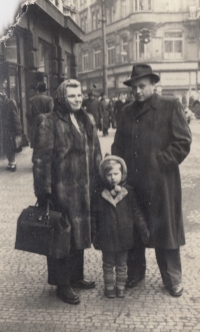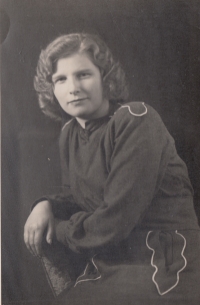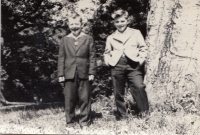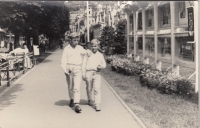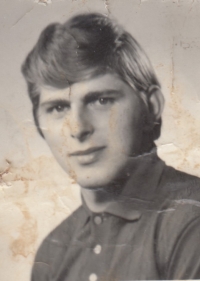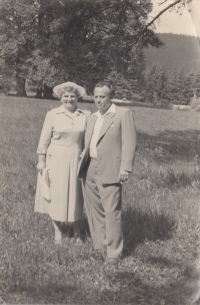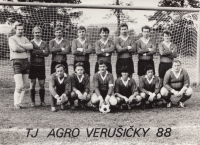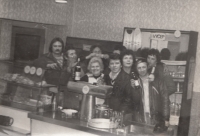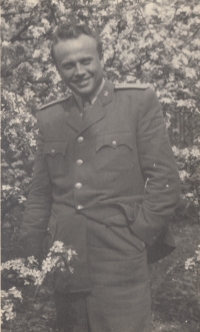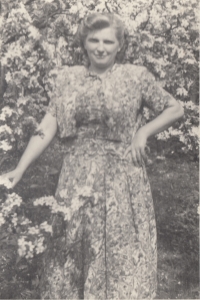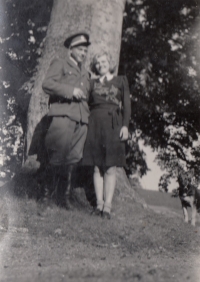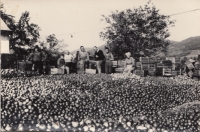They took the family‘s house because the grandmother was German. And then they sold it back to them
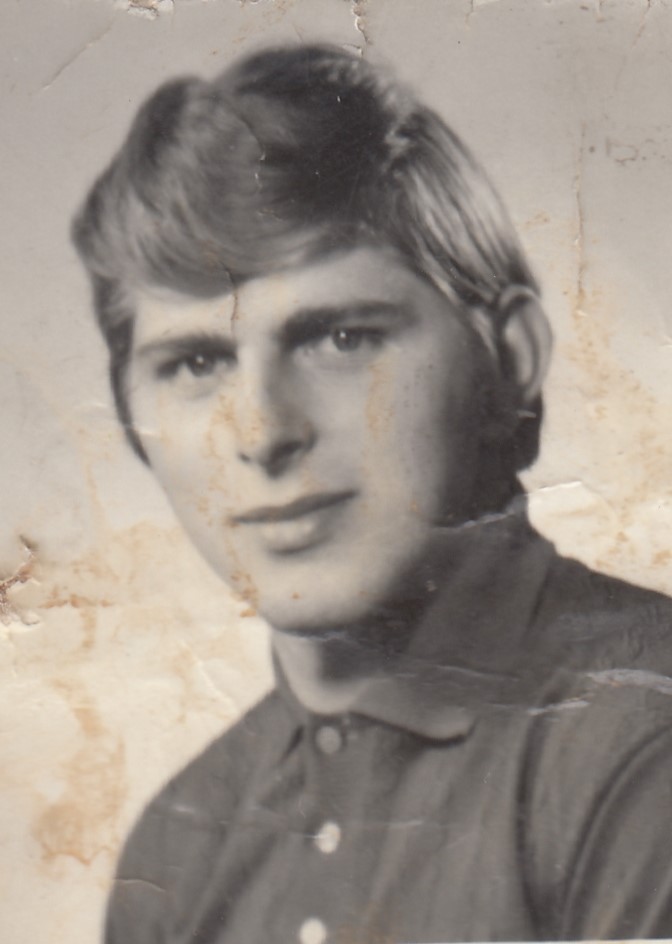
Stáhnout obrázek
Jan Fronc was born in Valeč on 28 August 1952 in the house of his grandparents Jan Truksa and Anna Truksa (née Riedl). His grandfather declared his Czech nationality in 1938, while his grandmother declared her German nationality, which later caused problems for the family. During the Protectorate, Jan Fronc‘s mother, Anna, née Truksová, was unable to attend school in Valeč because of her mixed origins, and her mother eventually sent her to school in Leipzig. After the war, Anna‘s mother was almost included in the expulsion, the family‘s house and property were confiscated, but they were eventually allowed to buy it back for 2,300 crowns. Jan Fronc‘s father, Antonín, came to Valeč in 1945 as a policeman. He married the witness‘s mother in 1947. When Jan Fronc was three months old, they moved to Prague. After elementary school, he joined ČKD Dukla as an apprentice and became a machine locksmith. He also started playing football for Czechia Karlín and football followed him throughout his life. He finished his apprenticeship in 1968 and then joined the army. His father worked at the Ministry of the Interior, where he was involved in armaments. He saw the occupation by Warsaw Pact troops as a betrayal and signed the Two Thousand Words Appeal. But it cost him his job. He was finally dismissed at the end of 1970 after a vetting process and then had trouble finding and keeping a job. Jan Fronc then moved back to Valec with his parents and together they ran a local pub. He also lived in Prague, Karlovy Vary, Žlutice and returned to Valec. After his departure to the West, the State Security took an interest in him. After the Revolution he ran a business, at first successfully, but later the business he ran, Sady Kostrčany, went bankrupt. In Valeč he was also involved in local politics, serving as vice-mayor. He moved to his grandparents‘ house in Valec, where he lived in 2024.
